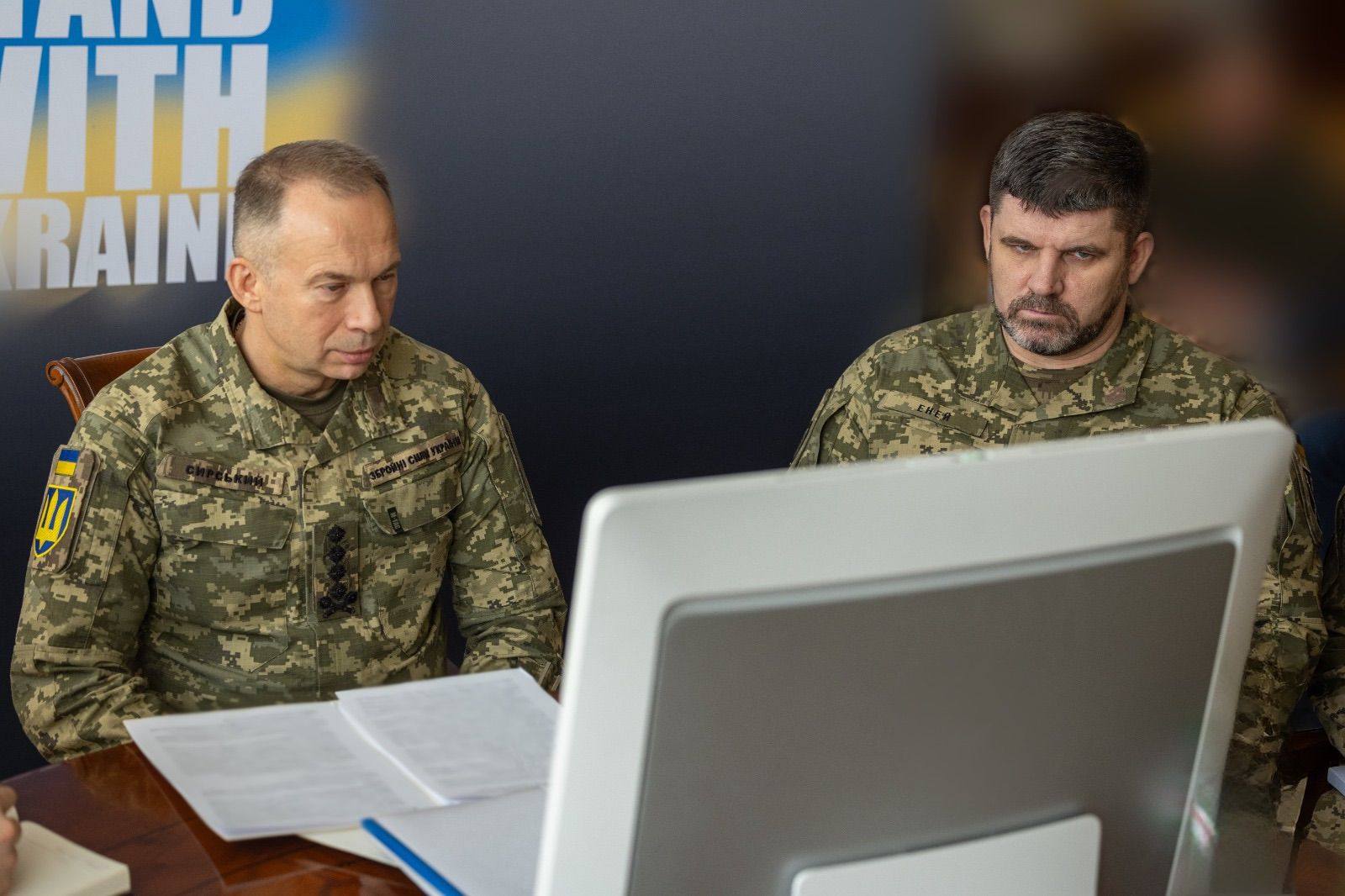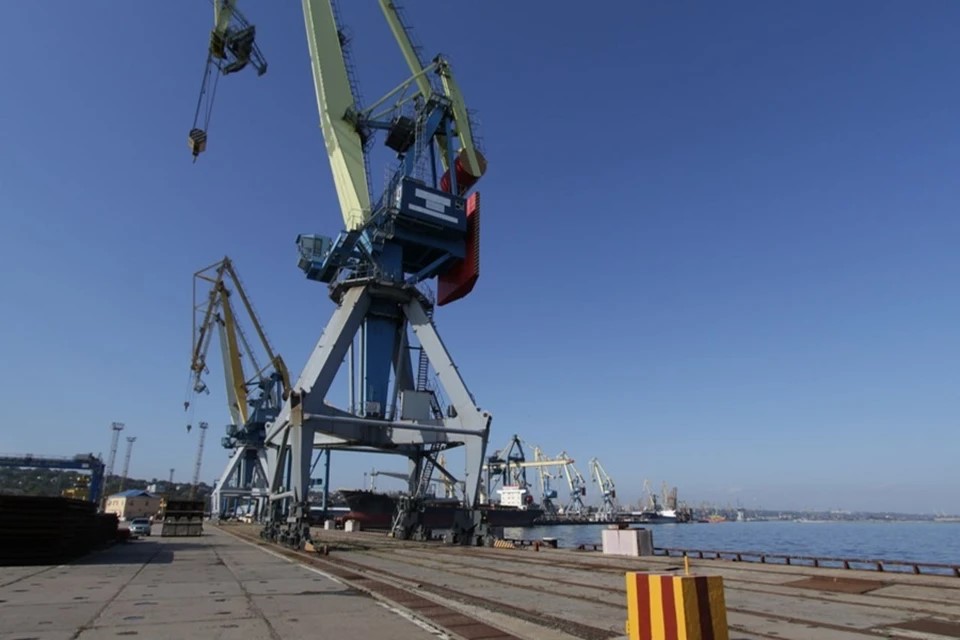How to maintain margin in logistics amid war, blocked ports, and changing demand? This question was at the center of the panel discussion “Logistics business under high competition and low demand: strategies for preserving margin” at Grain Ukraine 2025.
Moderator — Mykola Horbachov, president of the Ukrainian Grain Association, set the tone of the discussion:
“Margin will be where leaders appear — those who offer not cheaper, but different. New cooperations, new solutions — that is what forms a competitive advantage today.”
Speakers shared survival and growth practices amid uncertainty:
Oleksandr Ivashyna, Logistics Director at Bunge Ukraine:
“Export restrictions through ports became one of our strongest challenges. The first months were the hardest — we had to relearn how to organize processes and models. In today’s reality, you cannot afford to work only by one route — Plan B long ago turned into Plan A.
We constantly have to keep a finger on the pulse, adapt quickly, and carefully choose partners — it’s important not only the price, but also stability and quality of service. Planning became short-term: from one day to four weeks. But even in these conditions, we managed to accumulate cases and experience that today help us gain margin.”
Valeriy Tkachov, Deputy Director of the Commercial Work Department at JSC “Ukrzaliznytsia”:
“The war became a test not only for the system but also for people — we lost colleagues, infrastructure is constantly being destroyed. But despite everything, we held on and developed three key logistics directions: Odessa, Danube ports, and 15 western crossings. We are ready to sign long-term contracts, participate in auctions, and ensure predictability. However, the critical issue remains tariff indexation — it has not been revised for three years, and this is a challenge for stability.”
Dmytro Lynnyk, Head of Logistics Department at MOST LT:
“The market has changed: the models of 2022–2023 no longer work. We have moved from a ‘seller’s market’ to a ‘buyer’s market,’ and its pains define our strategy. We diversify as much as possible: if before we worked exclusively with the agro sector, today we look at metallurgy and construction. This helps avoid seasonal failures and stabilize income. Border throughput has significantly improved, and now we no longer have technical restrictions from European railways.”
Hennadiy Ivanov, CEO of BPG Shipping:
“We need to develop the Ukrainian merchant fleet. Our company has 20 years in the maritime business, and we know well: the economy will reach a new level only when the carrier can control logistics costs themselves. Building the fleet is a strategic step toward a stable, efficient, and independent logistics system.” For a breakthrough, joint efforts and experience exchange are needed. One should see counterparties as close partners: build strong connections, share own experience, because their stable work is your success.”
Terrell Lee, Chief Expert of FAMSUN silo product line:
“Modern equipment is good, but without the right operational architecture, it will not bring the desired result. We need not only to automate but to streamline the entire logistics chain — from field to port. FAMSUN is ready not only to supply solutions but also to help implement them by training and supporting teams. We already work with many countries and are ready to provide technical solutions on credit under affordable conditions for Ukraine.”
The key conclusion of the discussion is the understanding that in conditions of war and instability, the main factors for preserving margin are flexibility and coordination of efforts among all market players.





















